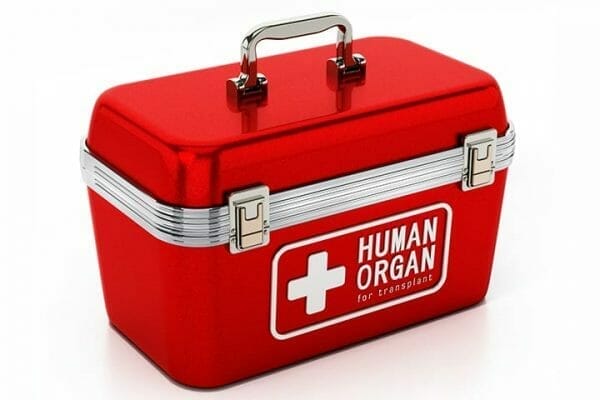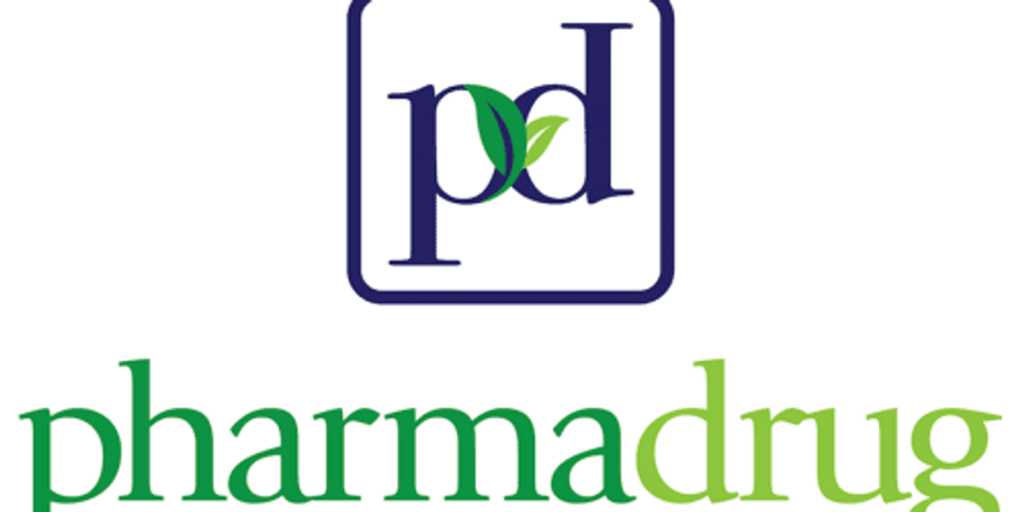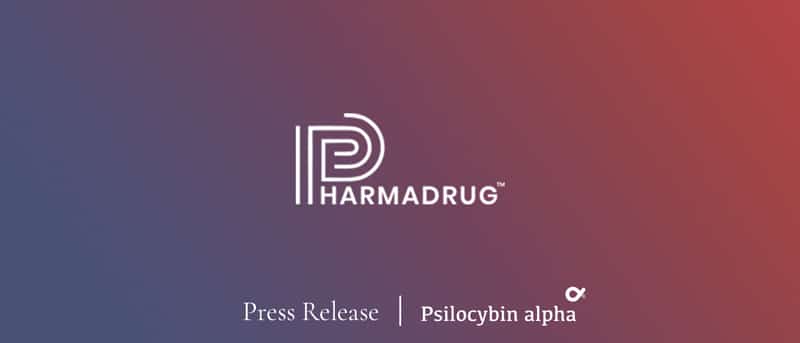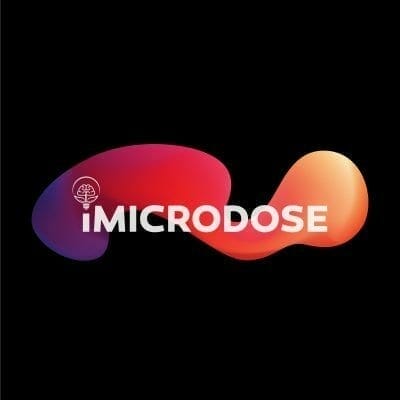Pharmadrug’s (BUZZ.C) subsidiary Sairiyo Therapeutics received their orphan drug designation (ODD) for dimethyltryptamine (DMT) from the United States Food and Drug Administration (FDA) for the prevention of ischemia-reperfusion injury (IRI) in organ transplant patients today.
We’ll get to what ischemia-reperfusion is in a moment, but for right now it’s pertinent to note that there are 107,000 patients waiting for solid organ transplants in the United States, and the four most common sought-after organs are liver, kidney, heart and lungs, according to the U.S. Organ Procurement and Transplantation Network.
“We are the first and only company in the world to receive FDA orphan drug designation for DMT. We are incredibly pleased to have reached this significant milestone as it validates our strategy in discovering novel uses, formulations and delivery methods for DMT while also securing market exclusivity and patent protection of DMT for rare diseases. We are building on this achievement by positioning ourPharma research initiatives to evaluate DMT in potential human clinical studies for these types of serious and life-threatening indications,” said Daniel Cohen, chief executive officer of Pharmadrug.
Orphan drug designation is given by the FDA for products that either treat or prevent rare diseases, and provide incentives to sponsors developing drugs. The FDA’s definition of rare for a disease means that it affects fewer than 200,000 people in the United States at any given time.
ODD status would qualify DMT for benefits and incentives, such as seven years of marketing exclusivity if regulatory approval is received. Also, tax credits. For drug testing costs, activities, eligibility for orphan drug grants, and the waiver of the $2.4 million FDA new drug application filing fee.
What is IRI?
An ischemia-reperfusion injury is the technical name for the damage done to tissues when blood supply returns to the tissue after a period where there’s a distinct lack of oxygen (or ischemia). The absence of oxygen and nutrients from bloodflow during the ischemic period causes a condition where when circulation returns, it brings with it inflammation and damage through oxidative stress. This can either come with or be devoid of returning normal function.
This is what they’re hoping DMT will do, but first they need to jump through some more regulatory hoops to get the drug to the position where it can be adequately and safely used.
One of those is filing their investigational new drug (IND) application with the FDA. Before they can file to evaluate DMT in human trials, the company will push their overall DMT strategy in three initiatives.
- BUZZ is working on evaluating DMT formulations for superior delivery and improved efficacy.
- Management will consider whether or not extra preclinical research for inflammatory and oxidative stress-induced complications, such as organ transplants, is necessary to understand the role DMT can play.
- The company intends to broaden their scope to discover if there’s any other potential uses for DMT.
Research studies so far have shown that DMT activates a receptor that ensures the correct transmission of endoplasmic reticulum (ER) stress into the nucleus, kickstarting production of anti-stress and anti-oxidant proteins. This presumably helps mitigate IRI caused by hypoxia (under-oxygenation of tissues) oxidative stress (from the sudden infusion of oxygen into the tissue) and inflammation in preclinical models of kidney transplantation.
The conclusions from the research support that DMT may produce anti-inflammatory protective effects, and could therefore provide a beneficial strategy to reduce damage done by IRI during transplantation.
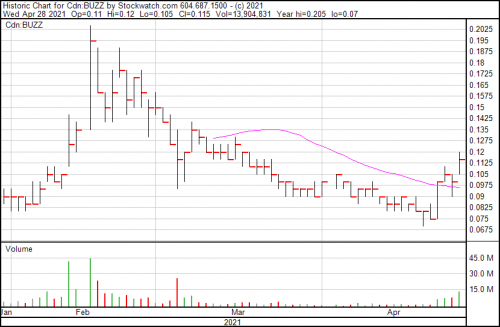
BUZZ was up 15% today on the news, and closed out the day at $0.115.
—Joseph Morton

